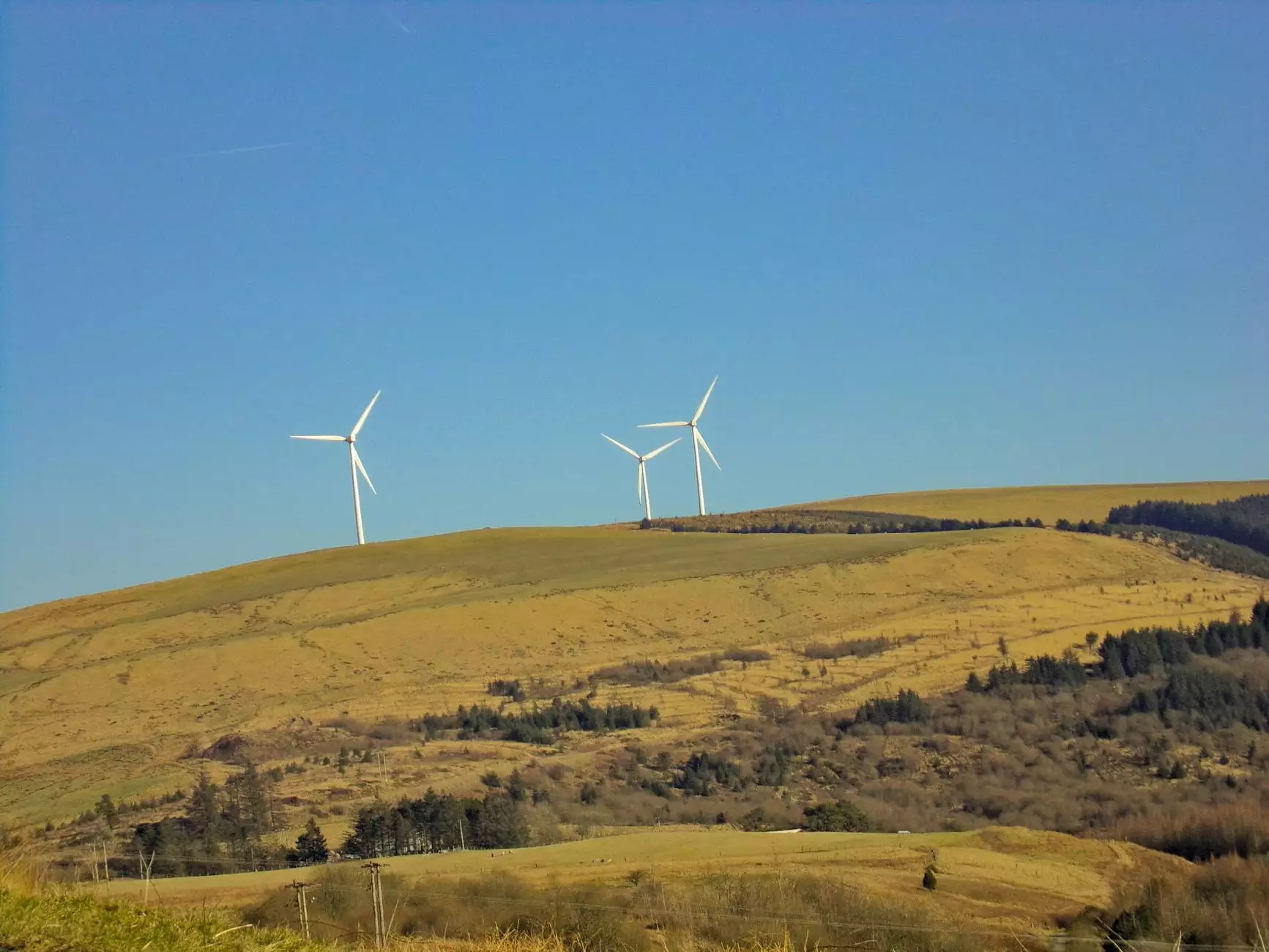Understanding Environmentally Friendly Heating Solutions

In today's world, where the effects of climate change are increasingly prominent, the need for sustainable living practices has become essential. One area of focus is heating, where choosing an environmentally friendly heating method can significantly contribute to a greener planet. This comprehensive guide aims to dive deep into the various aspects of eco-friendly heating solutions, benefits, and effective practices to implement in your home.
What is Environmentally Friendly Heating?
Environmentally friendly heating refers to heating solutions that minimize environmental impact while maintaining comfort and efficiency. These solutions typically utilize renewable energy sources, energy-efficient technologies, or sustainable practices. By opting for such systems, homeowners can effectively reduce their carbon footprint and help combat climate change.
Types of Environmentally Friendly Heating Solutions
There are several options available when it comes to selecting an environmentally friendly heating system. Here are some of the most popular choices:
- Solar Heating: Solar panels harness the sun's energy to heat air or water, supplying your home with a sustainable heat source.
- Heat Pumps: Utilizing electricity, heat pumps move heat from one place to another, offering both heating and cooling options with greater efficiency.
- Geothermal Heating: This technology taps into the earth's stable underground temperature to provide efficient heating through ground-source heat pumps.
- Biomass Heating: Biomass systems burn organic materials such as wood pellets or seeds, providing a renewable source of heat.
- High-Efficiency Furnaces: Utilizing advanced technology, these furnaces operate at higher energy efficiency, thereby using less gas or oil.
- Radiant Heating: This method heats surfaces like floors or walls, providing warmth while reducing energy usage.
The Benefits of Switching to Environmentally Friendly Heating
Transitioning to an environmentally friendly heating system offers numerous benefits, ranging from financial to environmental gains. Here are some key advantages:
- Reduced Energy Bills: Eco-friendly systems, especially heat pumps and solar heating, can significantly lower your energy expenditures.
- Lower Carbon Footprint: By reducing reliance on fossil fuels, these systems help minimize harmful emissions.
- Increased Home Value: Homes equipped with energy-efficient heating systems often have higher resale values and appeal to eco-conscious buyers.
- Government Incentives: Many governments offer tax credits, rebates, or incentives for installing environmentally friendly heating technologies.
- Enhanced Comfort: Modern sustainable heating solutions often improve indoor comfort by providing more consistent temperatures throughout your home.
How to Choose the Right Environmentally Friendly Heating System
Selecting the appropriate environmentally friendly heating system for your home involves careful consideration of various factors:
- Assessment of Home's Energy Needs: Conduct an energy audit to understand your home’s heating requirements. This analysis will help in determining the size and type of system needed.
- Local Climate: Consider the climate in your area. Some systems work better in specific climates than others. For instance, geothermal heating is more effective in regions with moderate temperatures.
- Budget: Evaluate the installation and maintenance costs associated with each option. While some technologies may require a higher upfront investment, they often yield savings over time.
- Availability of Resources: Assess the availability of renewable resources in your area. For example, if you choose biomass heating, ensure that you have a reliable source of wood pellets.
- Expert Installation: Ensure you work with qualified HVAC professionals who understand sustainable heating systems for optimal installation and maintenance.
Installation and Maintenance of Environmentally Friendly Heating Systems
Proper installation and regular maintenance are crucial to maximizing the performance and longevity of your environmentally friendly heating system. Here are some essential tips:
Installation Tips
- Consult a professional HVAC technician to assess your home’s needs and determine the best system for you.
- Ensure that the system complies with local building codes and regulations.
- Consider zoning solutions for large homes to enhance efficiency by directing heat only where needed.
Maintenance Tips
- Schedule annual maintenance checks with an HVAC professional to ensure your system operates efficiently.
- Keep filters clean and replace them regularly to maintain optimal airflow and energy efficiency.
- Monitor the system for unusual noises or fluctuations in performance, reporting these to your technician promptly.
Conclusion: The Future of Heating is Environmentally Friendly
The transition to environmentally friendly heating solutions not only benefits homeowners through cost savings and increased comfort but also contributes positively to our planet's health. With various options available, there's a suitable solution for every type of home and budget. By making informed choices about your heating system, you can join the movement towards a more sustainable future.
Contact Us for Your Environmentally Friendly Heating Needs
If you're ready to explore your options for environmentally friendly heating, Regraves HVAC is here to help. Our team of experts in Home Services, Heating & Air Conditioning/HVAC, and Air Duct Cleaning is dedicated to providing you with sustainable and efficient heating solutions tailored to your needs. Reach out to us today to learn more about how we can help you embrace eco-friendly heating solutions.
© 2023 Regraves HVAC. All rights reserved.









